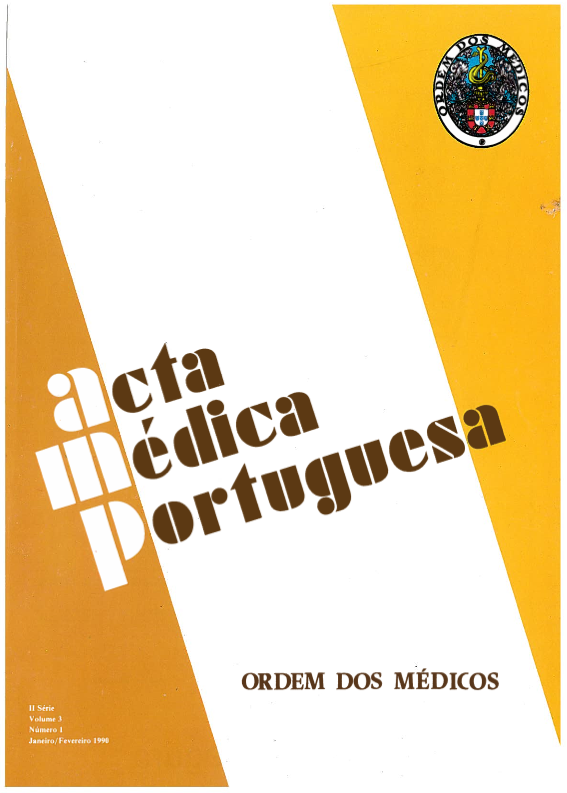The relation of basic sciences and medicine: institutional, professional and pedagogic implications.
DOI:
https://doi.org/10.20344/amp.4528Abstract
The author analyses the problems involved in the transfer of concepts and techniques from the basic sciences to the medical practice. The number of skills to be acquired in the course of medical training restricts the inclusion of the teaching in depth of basic sciences in the Curricula of medical schools. Post-graduate teaching cannot be used for that purpose unless it is geared to MD's fully dedicated to research. New discoveries in the basic sciences which may be relevant to medicine can only be made available to doctors through the development of basic research in medical institutions, playing the role of centers of excellence. Since basic research in the medical field is, by its nature, interdisciplinary, such policy entails the recruitment of scientists with non-medical background to whom career opportunities comparable to those of the doctors should be made available. In countries with small scientific communities the most important step in the stimulation of basic research is the identification of young talents and the support of existing productive groups. In the mid term, molecular biology, neurobiology and signal processing (specially image processing) seem to be promising areas from a medical point of view. Science should be considered a very important component of the cultural activity of a country.Downloads
Downloads
How to Cite
Issue
Section
License
All the articles published in the AMP are open access and comply with the requirements of funding agencies or academic institutions. The AMP is governed by the terms of the Creative Commons ‘Attribution – Non-Commercial Use - (CC-BY-NC)’ license, regarding the use by third parties.
It is the author’s responsibility to obtain approval for the reproduction of figures, tables, etc. from other publications.
Upon acceptance of an article for publication, the authors will be asked to complete the ICMJE “Copyright Liability and Copyright Sharing Statement “(http://www.actamedicaportuguesa.com/info/AMP-NormasPublicacao.pdf) and the “Declaration of Potential Conflicts of Interest” (http:// www.icmje.org/conflicts-of-interest). An e-mail will be sent to the corresponding author to acknowledge receipt of the manuscript.
After publication, the authors are authorised to make their articles available in repositories of their institutions of origin, as long as they always mention where they were published and according to the Creative Commons license.









